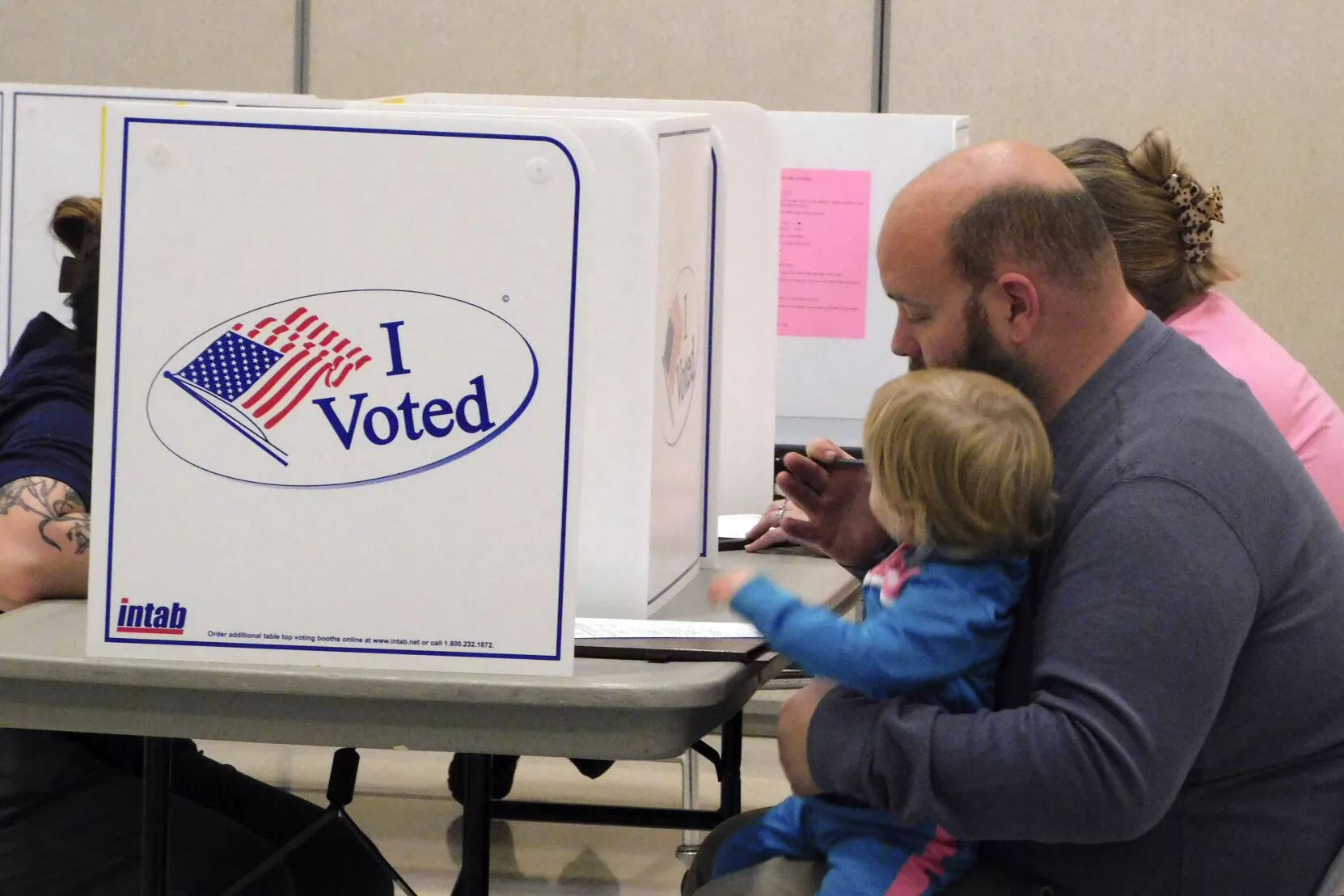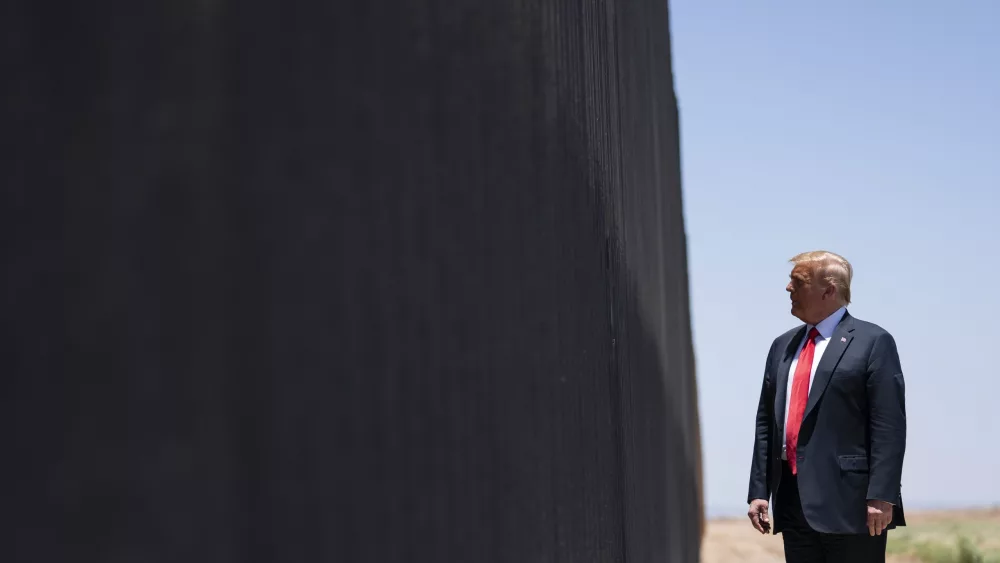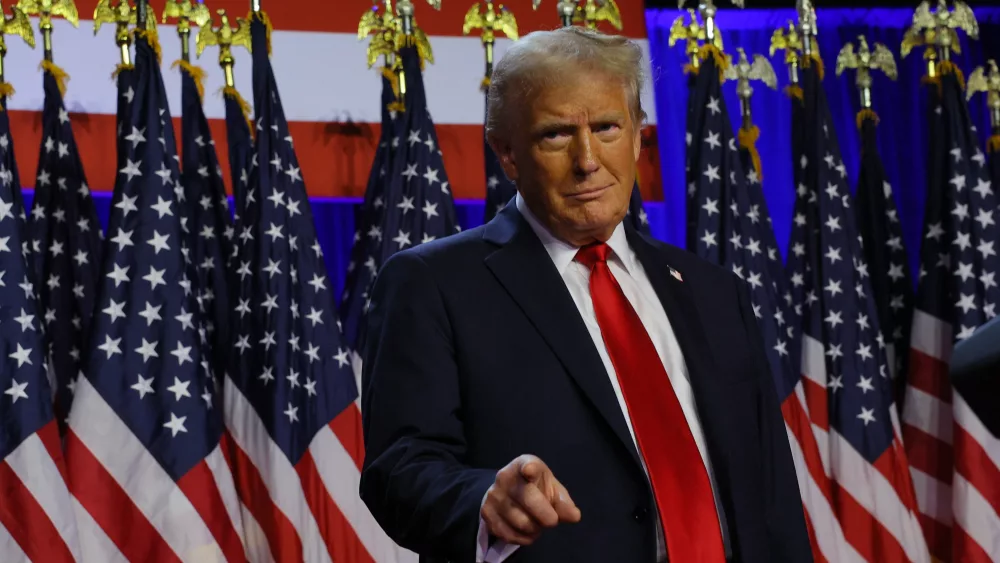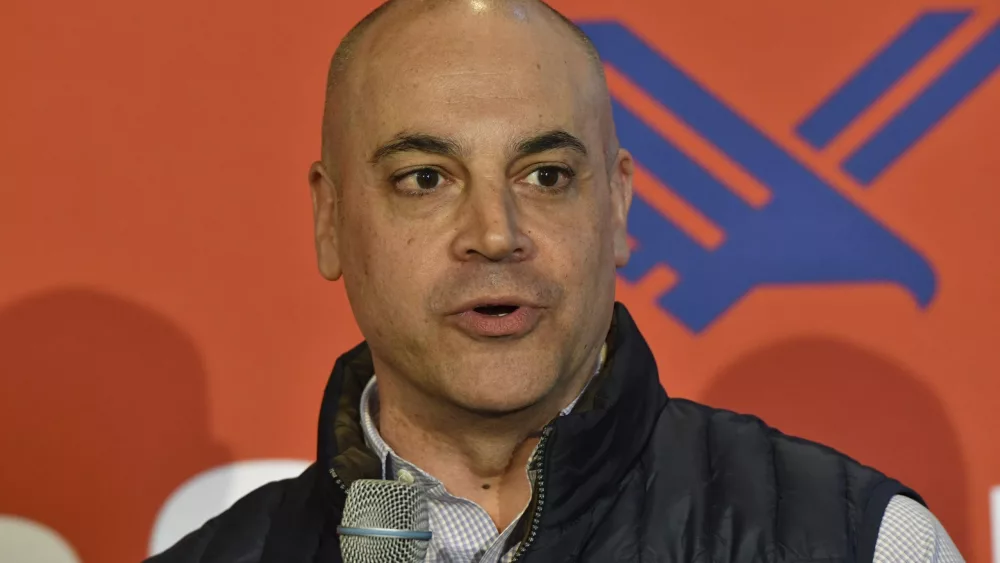Voters in South Dakota have rejected a proposal to add protections for abortion rights to the state constitution, preserving a near-ban there.
The abortion measure was in a crowded field of ballot initiatives for Tuesday’s general election that also included a proposal to legalize marijuana for recreational use. The vote on marijuana was too early to call Wednesday. But voters rejected a measure to remove the state sales tax from food and a plan for a single, all-candidate primary election with the top two finishers for each office advancing.
Here is a look at the biggest ballot initiatives.
The abortion vote in South Dakota followed the rejection in Florida of a proposed change in its state constitution to protect abortion rights — the first time abortion opponents have won a statewide vote since the U.S. Supreme Court’s Dobbs decision overturning Roe vs. Wade in June 2022.
The South Dakota measure would have barred restrictions on terminating a pregnancy during its first 12 weeks.
From the 13th through the 26th week of pregnancy, state regulations would have had to be “reasonably related” to the patient’s physical health. Even after the 26th week, the state would have had to permit abortions to preserve a patient’s life or health.
The ban in place since the Dobbs decision makes it a felony to perform an abortion except to save the life of the patient.
South Dakota voters were considering a pro-marijuana ballot initiative for the fifth time in eight years. That includes three proposals to legalize recreational use over the past four years.
The vote was still too early to call Wednesday.
The latest measure would legalize recreational marijuana for those 21 and older, and up to 2 ounces in a form other than concentrated cannabis or cannabis products. The measure also would allow the cultivation of plants, with restrictions.
Going into the election, 24 other states had legalized recreational use.
South Dakota voters approved a law in 2020 legalizing the medical use of marijuana, four years after rejecting the idea.
Separately in 2020, voters approved an amendment to the South Dakota Constitution to legalize recreational use, but the state Supreme Court nullified it. Voters rejected another proposal in 2022.
Flush with cash, South Dakota last year dropped its sales tax from 4.5% to 4.2%, but voters rejected a proposal to eliminate the tax from food altogether.
The Legislature’s research staff estimated the state would lose about $124 million in annual revenues or 5% of its general tax revenues of $2.4 billion.
But critics of the measure suggested it was written so poorly that it could go further than intended, applying even to tobacco products. They argued that the loss of revenue would push the state to make up for it by enacting an income tax, and it drew opposition from a coalition of business and other interest groups.
Supporters said they were trying to give people a break on food costs. The measure would have prohibited a state tax on “anything sold for human consumption,” except alcoholic beverages and prepared food, such as restaurant meals.
Voters rejected a proposal to adopt what is sometimes known as a jungle primary after the leaders of both major parties criticized it. Those critics argued that the smaller Libertarian and No Labels parties would be unlikely to ever appear on the general election ballot.
In South Dakota, Democrats allowed voters with no political affiliation to participate in their June primary, but Republicans did not. The election initiative would have amended the state constitution to end partisan primaries by having all candidates for an office run at once, with the top two advancing.
Supporters of the change argue it would make elections better reflect voters’ wishes and ensure that 155,000 voters with no party affiliation can vote for their favored candidates in a primary.
In a state where the GOP holds nearly 90% of the Legislature’s seats, it’s likely that in many places all of the general election candidates would have been Republicans. Meanwhile, a broader electorate could have helped more moderate GOP candidates at the expense of more conservative ones favored by party leaders.
___
Hanna reported from Topeka, Kansas.
Brought to you by www.srnnews.com








